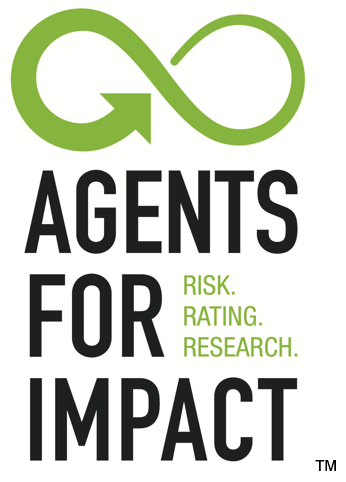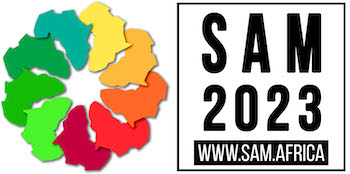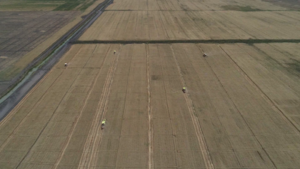In September 2015, every UN member country endorsed the 2030 Agenda for Sustainable Development, which comprises 17 target areas known as the Sustainable Development Goals (SDGs).
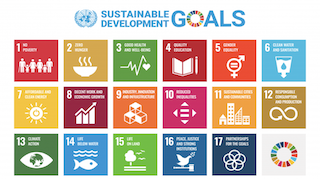 After falling from 10.1 percent in 2015 to 8.6 percent in 2018, the global poverty rate increased to 9.2 percent in 2020 because of the COVID-19 pandemic, reversing a long trend of poverty reduction. Other headwinds such as armed conflicts, rising inflation, food insecurity, and political and social unrest also are affecting global development, and the UN estimates that these crises combined to cause an additional 95 million people to live in extreme poverty in 2022.
After falling from 10.1 percent in 2015 to 8.6 percent in 2018, the global poverty rate increased to 9.2 percent in 2020 because of the COVID-19 pandemic, reversing a long trend of poverty reduction. Other headwinds such as armed conflicts, rising inflation, food insecurity, and political and social unrest also are affecting global development, and the UN estimates that these crises combined to cause an additional 95 million people to live in extreme poverty in 2022.
On the other hand, the digital revolution has made many people’s lives easier with access to mobile phones, the internet and other tools. Digital financial inclusion (DFI) and its innovative business models have had a particularly disruptive effect, bolstering financial inclusion worldwide.
Impact on Sustainable Development Goals
DFI is enabling all types of pathways to advance the achievement of the SDGs, strengthening the link between financial inclusion and development. In 2016, CGAP and
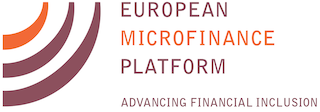 From the European Microfinance Platform (e-MFP): On September 19 and September 20, 2023, the Selection Committee for the European Microfinance Award (EMA) 2023 on “Inclusive Finance for Food Security & Nutrition” selected the three finalists that will go on to compete for the prize of EUR 100,000 (USD 105,000): Fortune Credit Limited from Kenya, Fundación Génesis Empresarial from Guatemala and Yikri from Burkina Faso.
From the European Microfinance Platform (e-MFP): On September 19 and September 20, 2023, the Selection Committee for the European Microfinance Award (EMA) 2023 on “Inclusive Finance for Food Security & Nutrition” selected the three finalists that will go on to compete for the prize of EUR 100,000 (USD 105,000): Fortune Credit Limited from Kenya, Fundación Génesis Empresarial from Guatemala and Yikri from Burkina Faso.
 After falling from 10.1 percent in 2015 to 8.6 percent in 2018, the global poverty rate increased to 9.2 percent in 2020 because of the COVID-19 pandemic, reversing a long trend of poverty reduction. Other headwinds such as armed conflicts, rising inflation, food insecurity, and political and social unrest also are affecting global development, and the UN estimates that these crises combined to cause an additional 95 million people to live in extreme poverty in 2022.
After falling from 10.1 percent in 2015 to 8.6 percent in 2018, the global poverty rate increased to 9.2 percent in 2020 because of the COVID-19 pandemic, reversing a long trend of poverty reduction. Other headwinds such as armed conflicts, rising inflation, food insecurity, and political and social unrest also are affecting global development, and the UN estimates that these crises combined to cause an additional 95 million people to live in extreme poverty in 2022. Ethiopia’s First Consult and the Canada-based Mastercard Foundation recently launched a programme intended to increase financial inclusion and support 72,000 micro-, small and medium-sized enterprises (MSMEs) in Ethiopia to
Ethiopia’s First Consult and the Canada-based Mastercard Foundation recently launched a programme intended to increase financial inclusion and support 72,000 micro-, small and medium-sized enterprises (MSMEs) in Ethiopia to The Armenian bank Araratbank and Dutch development bank Financierings-Maatschappij voor Ontwikkelingslanden (FMO) recently agreed to expand their risk-sharing facility by USD 10 million. FMO’s portion of the commitment is from its Nasira Fund, which guarantees
The Armenian bank Araratbank and Dutch development bank Financierings-Maatschappij voor Ontwikkelingslanden (FMO) recently agreed to expand their risk-sharing facility by USD 10 million. FMO’s portion of the commitment is from its Nasira Fund, which guarantees